Better Than Metaphor: Find Your Motifs!
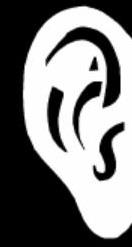 A few months back, I talked to a painter and animator friend about craft, technique, and composition, with an ear toward what we could learn from each other’s genre. She had recently made a list of all the physical motifs that appear in her work, or in some cases her head and her life, and she read it to me. A motif, as I understand it, is different than a symbol, a metaphor, or a theme in that it simply refers to anything that recurs in a work. It doesn’t have to stand in for something else. It simply gains power and resonance through repetition, brings different parts of a composition into conversation, or provides a kind of unity to the whole.
A few months back, I talked to a painter and animator friend about craft, technique, and composition, with an ear toward what we could learn from each other’s genre. She had recently made a list of all the physical motifs that appear in her work, or in some cases her head and her life, and she read it to me. A motif, as I understand it, is different than a symbol, a metaphor, or a theme in that it simply refers to anything that recurs in a work. It doesn’t have to stand in for something else. It simply gains power and resonance through repetition, brings different parts of a composition into conversation, or provides a kind of unity to the whole.
Motifs can be physical or abstract, but I’m most interest in the tangible and sensory one–objects, landmarks, colors, sounds, and body parts. A writer or visual artist may or may not be conscious of and/or intentional in their use of motif. But my friend’s exercise, making a list of her own motifs, seems particularly exciting to me, in a way that making a list of one’s own metaphors or themes is decidedly not.
CLMP Spelling Bee
Ira Silverberg thanked Harper Perennial for sponsoring the event and noted that the Bee was part of Harper’s effort to reach out to small presses and online journals like HTML Giant and its editors. People clapped. I clapped. I wondered who in this room filled with pillars of print publishing was wondering what HTML Giant was. I wondered if they all knew.
–“James Frey, Ben Greenman and Maira Kalman Spell Some Words” by Rozalia Jovanovic
Blank Bodies
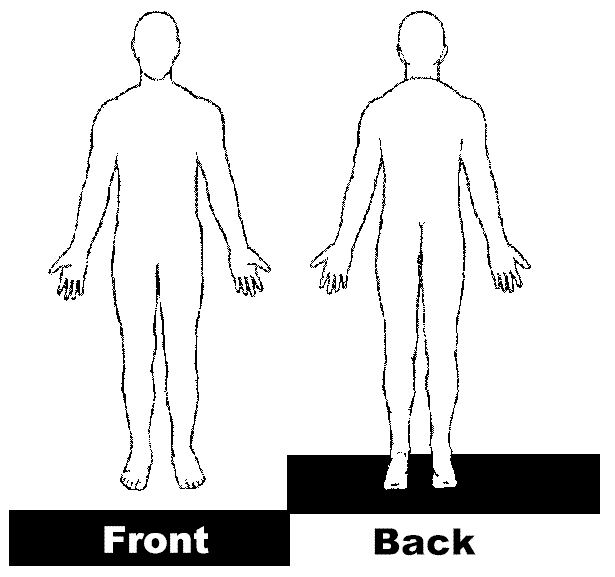
Imagine all authors did not have names or genders or races or other traits, and all books were no more than the sum of what they held or caused in on upon the world or you. Imagine the words are the words. How would this affect your ‘top ten’ lists and concerns? What would you say then about the problems with this list, and the perspectives (not bodies) of its creator(s)? [And yes, I do believe that the aura of author does affect something in the object’s presence, but we’re talking about books as books here, not commodities, or careers.]
Is the gender of the book the author’s gender? Is the history of the book the author’s skin? By what other, individual features might a creator’s identity be transmitted and/or formed?
You’re Not the Boss of Me
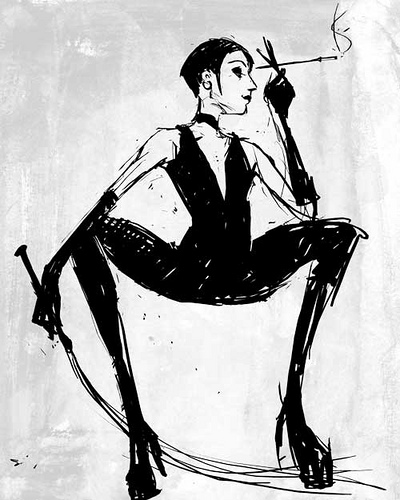
I teach Composition and Scientific & Technical Communication at a technological university which is a very interesting and fun challenge because the majority of the students at my university are not predisposed, at least in temperament, to the liberal arts.
As I grade student work, I often find myself offering students feedback by way of writing rules or myths I’ve long incorporated into my repertoire to guide them in revision, etc. Last night, as I labored over a fairly problematic stack of technical reports, I had to stop myself because I was feeling very uncomfortable about simply regurgitating the same old writing rules without really thinking through their merit.
A couple weeks ago, I had students read an article about Expressive Technical Writing as a means of introducing them to different avenues of scholarship in technical communication that go beyond the material traditionally taught in technical writing courses. After reading the article, the students wrote a brief reflection (without any specific guidelines from me) on what they thought about the idea of incorporating expressive writing into engineering communication. Sometimes when you ask students to write reflections they’ll turn in meandering Dear Diary type writing that is lacking a clear sense of purpose beyond, “I am writing this because I have no choice.”
Day of the Dead Altars
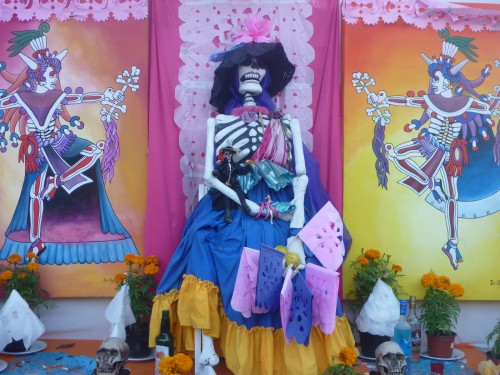
the great blogger?
Today, our plaza’s filling up with Day of the Dead Altars. Flowers, decorations, photos, information about the deceased, cigarettes, and of course, food and drink. And this makes me think about how I’ll be remembered. How any of us will be remembered. As wrestlers, plumbers, lovers, drinkers, writers, bad or beautiful bloggers?
What’s my altar going to look like? And will it be next to Seth Abramson’s? What’s going to adorn Blake Butler’s altar? Justin Taylor’s? Amy McDaniel’s? Adam Robison’s? etc, etc……I’m in a rush to see. But, we’ll be there soon.
So, what’s yours going to look like? What contain? Who will visit it? Who will care? Who will stand in front of your remembered image and paraphernalia and declare “Damn that guy was Amazingly Verbose”??
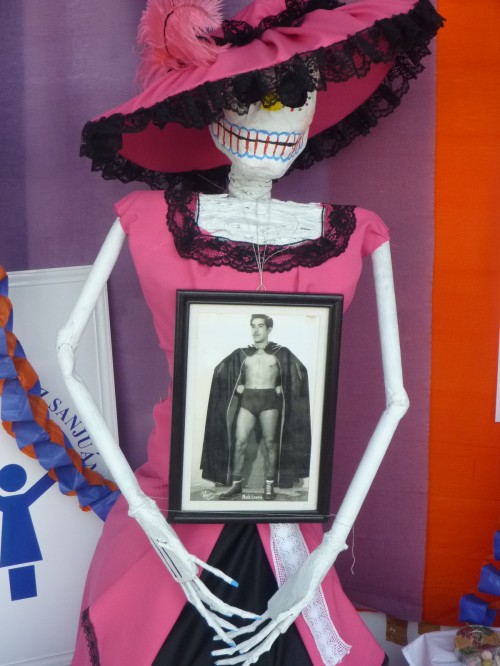
wrestler or plumber or blogger??
Zuid Afrika – “I’ll fuck the pair of you” (Catullus)

the flag
One of the many things that drives me crazy (and it’s a wonder I’m not completely insane) is when people confuse me for my poetry. Thursday night I read in Houston. It was great. Dark bar. Lots of people. Rain outside. Organizers and audience warm and friendly. Except one person was too friendly. A fellow South African expat who thought that since we’d shared some common experience (so long ago) that we were now naturally and immediately blood brothers. (I also get this sort of thing for being Jewish). And he kept talking in Afrikaans which was cute at first.
“Your poetry made my balls tingle,” he told me, drunk, insistent, strange. But at least in English now. He just wouldn’t go away. Spoke about his mentor/teacher who’d just renounced everything and gone off to Tibet for a year. He’d be following soon. Not soon enough, I thought to myself. How about right now? And then things became more uncomfortable.
“But i didn’t like it when you made yourself a woman. That surprised me. That puzzled me.” And he looked so disappointed. And had also the look of a dangerous and unpredictable drunk who might at any moment start beating me up or even kill me. (I’m not a small person but it was nice at this point to have at my side the tall and solid figure of Gene Morgan).
I’d Probably Get More Replies if This Was About College Rankings
 This may be weak for mean week, but of late, after catching up with an old friend, I’ve been thinking about college majors and their relationship to what we write. Most people I meet now assume I was an English major, but I was history. Here’s the mildly mean part–I sometimes feel slightly, unjustifiably superior to writers who were English majors–it’s as if I mastered (or, I guess, bachelored) a whole nuther thing first, and they didn’t.
This may be weak for mean week, but of late, after catching up with an old friend, I’ve been thinking about college majors and their relationship to what we write. Most people I meet now assume I was an English major, but I was history. Here’s the mildly mean part–I sometimes feel slightly, unjustifiably superior to writers who were English majors–it’s as if I mastered (or, I guess, bachelored) a whole nuther thing first, and they didn’t.
I know that college majors rarely relate directly to future career choice. But four years is a long time to think about something in a serious way. My history coursework was far more rigorous than my MFA work, and my history thesis was much more grueling as well. Somehow, knowing a lot about torture during the Algerian War must inform my writing. All of it does even more for my reading, probably. Context!
So, what did y’all major in? What relationship do you think it has to your writing, if any? If you were in English major, do you think that helps or hurts you, or neither?
Rejected!
Over the past 5 years I’ve amassed quite a hunk of You Suck paper. This is not in addition to electronic You Suck paper, but just the places so far behind the times they still force you to kill trees and lick sugar paper. Here’s a rough sketch of my paper rejections spread into a half-light, see how many from Conjunctions you can find!:
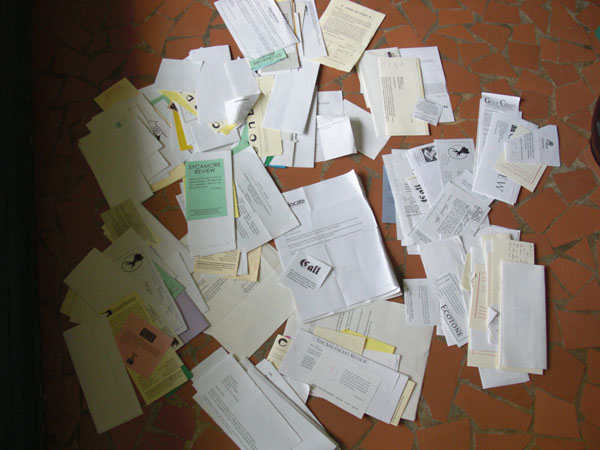
So yeah. What you got? The best commented/linked/submitted photo of creatively arranged paper rejections by end of Friday wins a prize package of books and magazines, like a bunch.
The Stupid Fucking “Tourist-Castle” Poem

The Tourist-Castle Poet Takes it !! (phase 1 of proposed torture)
I hate, I hate, I hate, I just fucking hate the stupid fucking Tourist-Castle poem.
Yes, I’ve just had it with this retarded, anemic variety of the Tourist poem. Almost all Tourist or Travel poems suck. But this one’s got super-human suction lips!
This poem is where some jackoff tourist (I borrow the word jackoff from Ted Berrigan talking about Irish Jackoffs trying to be radio waves at a St. Patrick’s Day parade), sits at a cafe or a park by a castle. Feels a glow. At peace. The most wonderful beautiful feeling ever. Like someone discovering the magic of sex. But worse! And then just has to write it down. In their notebook. Or, worse, on a napkin. Blah, blah.
These scourge poems invariably are titled something like:
“Lines Written at the Cafe Twimbledon across from the Castle Twimbledon, Twimbledon, Scotland, March 4, 2004” ……..(and if the poem WAS written on a napkin that makes it into the title too!
These poems are inevitable. Drop a novice poet in a foreign country and he’ll find a castle in two fucking seconds and the poem will be written, effortlessly, magically, on the spot (O Scourge!) and foisted on to some adoring public in some shitass review full of beautiful glowing Tourist-Castle poems. I’m just waiting for a review called The Tourist-Castle Review so I can bomb their fucking cars and offices.
Berrigan liked to beat people up. He liked Michaux for this same reason. I invoke you both now gentlemen: your fists and your swords and your delicate medieval torture instruments. And let’s push these fucking tourist poets down into the basements of the castles they so glowingly and sickeningly sang about. And let’s rack them and sack them and quarter them and make them eat thousands and thousands of Tourist-Castle Poems. And let’s suck the bowels from their asses with contraptions built especially for the purpose. Or, for lack of availability or simply for variety, a starving street rat.

